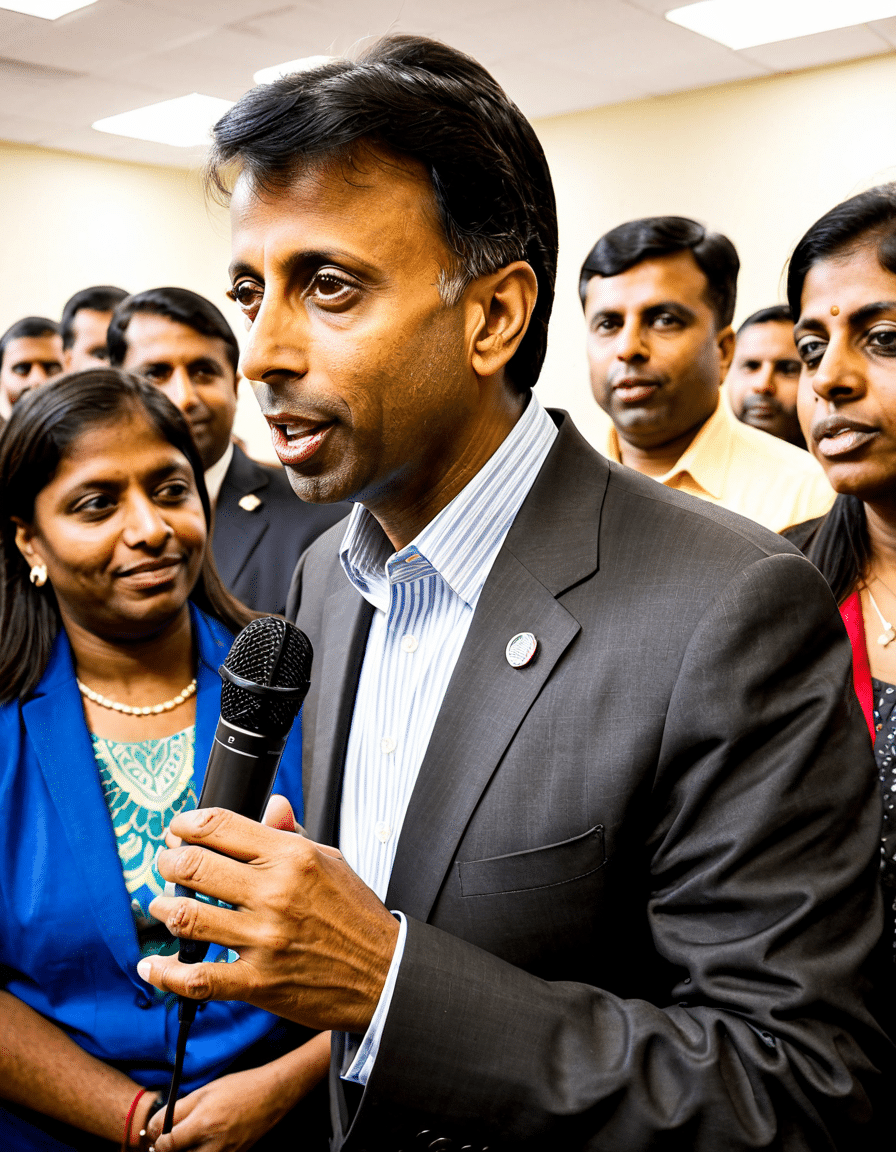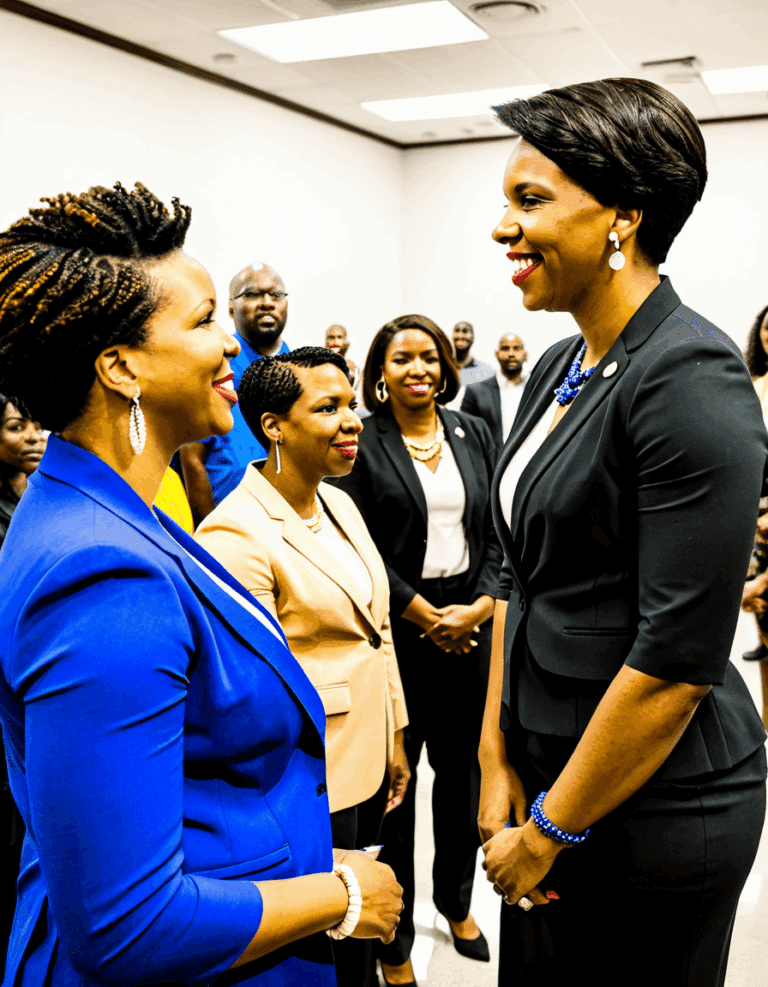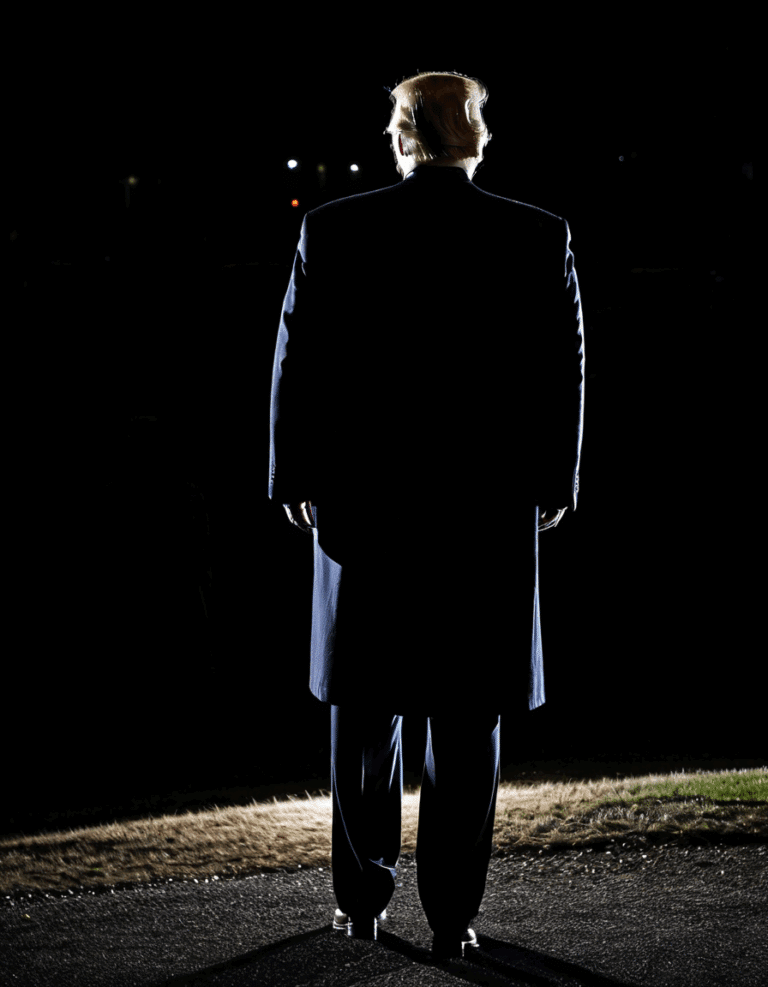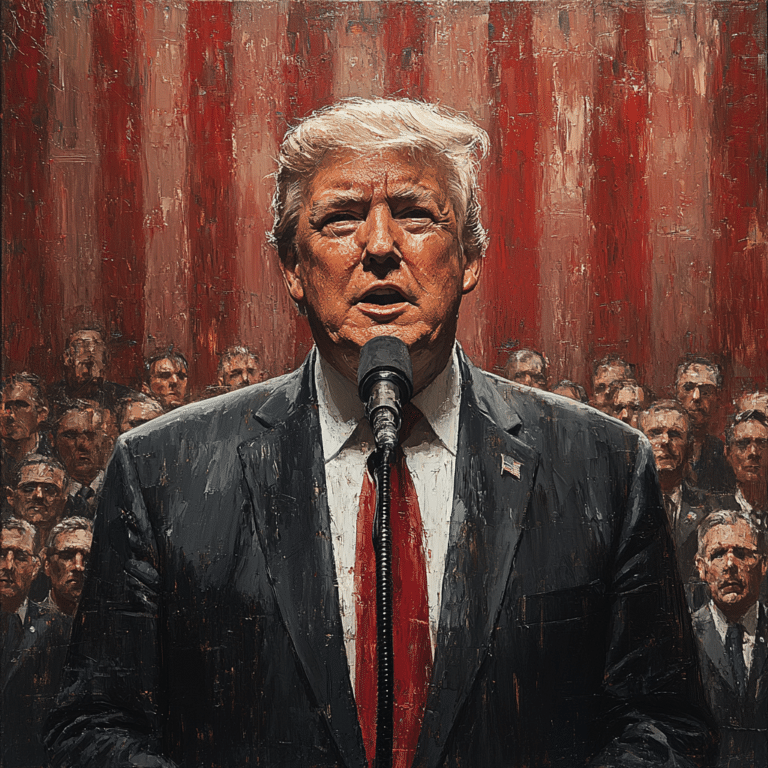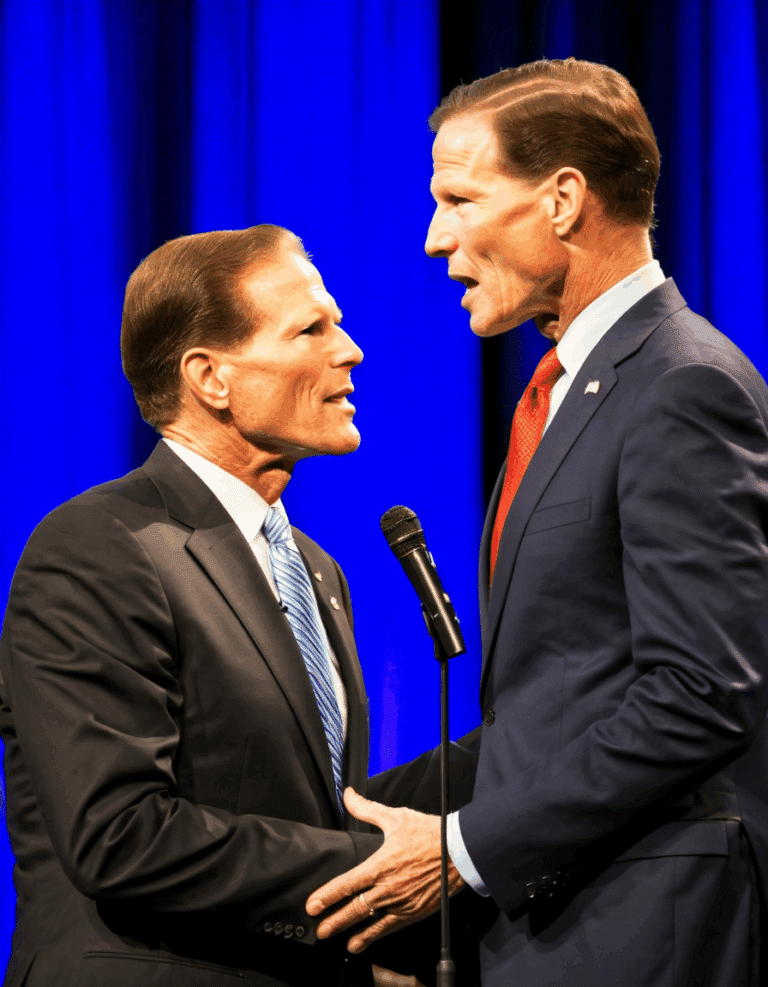Bobby Jindal’s journey from a state legislator to the governor of Louisiana is nothing short of remarkable. Serving as the 55th governor from 2008 to 2016, he epitomizes the ideal of conservative governance. Under Jindal’s leadership, Louisiana witnessed significant reforms that resonate even today, especially amidst the ongoing cultural battles against the ‘Woke’ movement. His administration’s steadfast commitment to traditional values, economic growth, and effective governance serves as a rallying point for conservatives across the country.
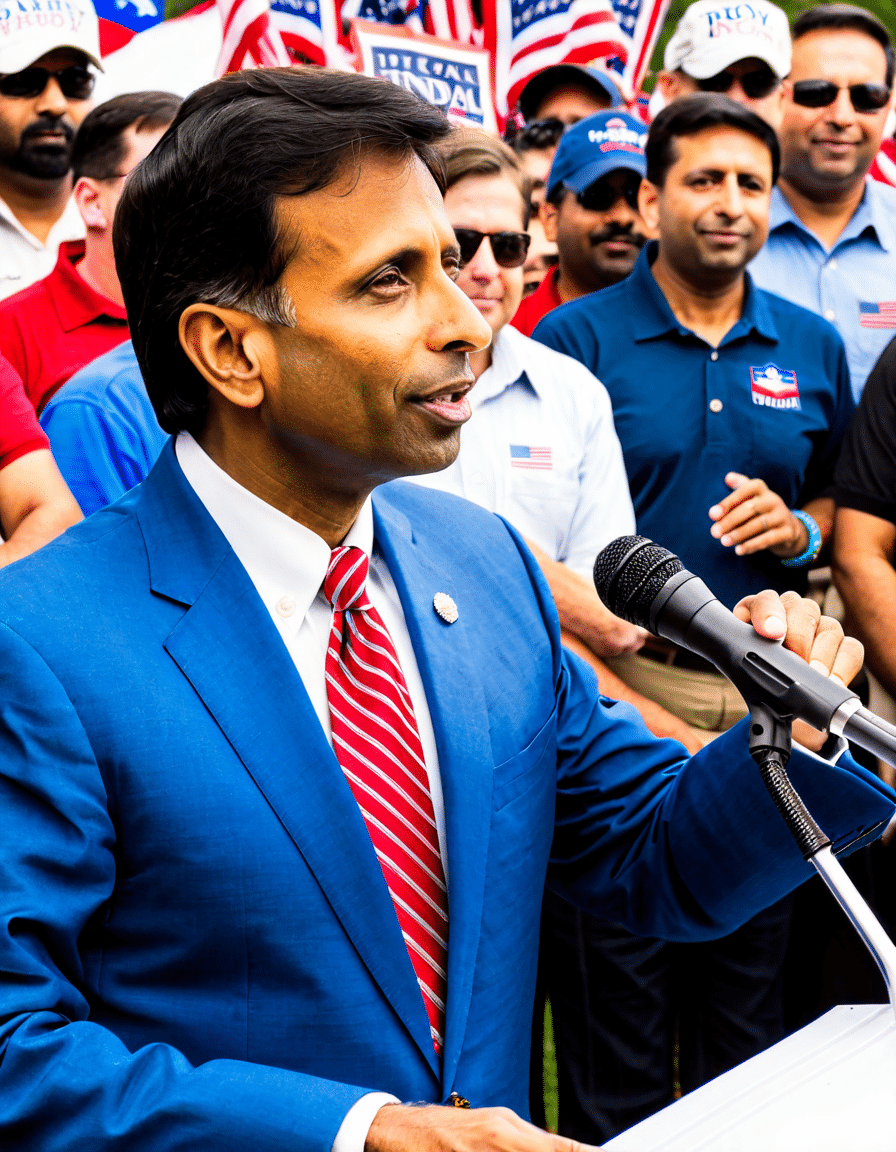
Bobby Jindal’s Ascendancy: From State Legislator to Governor
Bobby Jindal’s rise to prominence began in the early 2000s. Initially elected to the Louisiana State Legislature, he quickly showcased his capacity for leadership. His 2003 election to the U.S. House of Representatives was instrumental in shaping his political philosophy—one firmly rooted in accountability, reform, and the belief in limited government. After his successful stint in Congress, Jindal returned to Louisiana determined to bring his vision for a better state to fruition.
His leadership style reflected his experiences both in Washington and in state politics, favoring bold initiatives that often prioritized education reform and healthcare overhaul. These areas were close to his heart, especially in a state still grappling with the aftermath of Hurricane Katrina. Jindal’s commitment to improving Louisiana’s healthcare landscape and education system laid the foundation for significant legislative accomplishments during his tenure.
As governor, Jindal was unyielding in facing down pressure from entrenched interests. His conservative policies not only appealed to his base but also laid the groundwork for a transformative administration. In a political environment often dominated by liberal policies, Jindal emerged as a beacon of conservative values, proving that a principled stand could yield success.
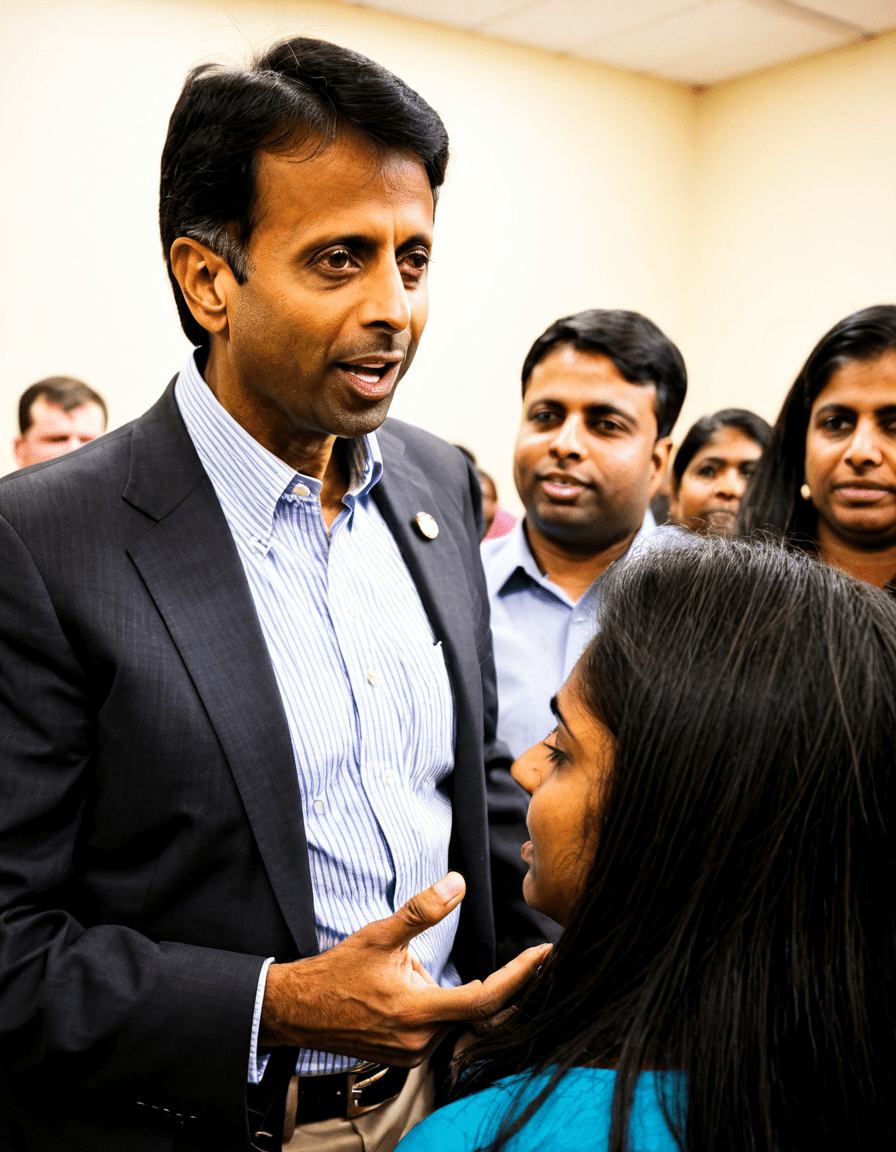
Top 5 Milestones in Bobby Jindal’s Governorship
The Challenges: Governance Amidst Controversies
Despite Jindal’s successes, his governorship was not without challenges. He navigated significant hurdles, including budget shortfalls and the contentious debate over Medicaid expansion. These issues tested his resilience and ability to govern. Political analysts highlight Jindal’s focus on maintaining core principles even in the face of opposition, often comparing him to other leaders who have faltered under similar pressures.
Criticism emerged from various quarters, particularly regarding his stance on healthcare and education. Yet, Jindal remained steadfast, defending his initiatives and articulating the long-term vision for Louisiana. His ability to rally support—facing both challengers and allies—demonstrated his commitment to conservative governance, something conservatives still admire today.
Understanding the nuances of governance amid controversy is critical. Jindal’s responses to challenges provided vital lessons for contemporary leaders in Louisiana. His leadership model underscores the importance of unwavering dedication and clear communication in times of heated debate.
The Impact of Jermaine Johnson on Jindal’s Policies
Jermaine Johnson stands out as a local leader who epitomizes the influence of Jindal’s strategic initiatives. Johnson’s governance reflects a broader movement across Louisiana—an evolution in political leadership spurred by Jindal’s reforms. Under Johnson’s influence, there’s a refreshing emphasis on grassroots engagement and community-focused policies.
Drawing parallels between Jindal and Johnson reveals a shared commitment to the values that underpin effective governance. Both leaders advocate for policies aimed at empowering citizens, fostering an environment where economic independence thrives. Their strategies showcase how dedicated leadership can inspire future generations, ensuring that conservative values remain at the forefront.
This generational shift illustrates how Jindal’s policies have laid the groundwork for local leaders, continuing to shape Louisiana’s political landscape. The lessons gleaned from Jindal’s tenure remain relevant, providing insights for modern governance challenges.
A Political Legacy: What Bobby Jindal Represents Today
Years after departing from office, Bobby Jindal’s legacy continues to weave through Louisiana’s political discourse. Current politicians are increasingly revisiting his policies amid the rising tide of conservative movements. The state’s leaders recognize Jindal’s transformative impact on governance, adapting lessons learned to their own initiatives.
As Louisiana grapples with contemporary challenges, the principles established under Jindal’s administration offer a guiding light. His focus on accountability, transparency, and educational reform remains pivotal in discussions shaping the state’s future. For conservatives, Jindal serves as proof that principled leadership can indeed lead to sustainable progress.
The evolution of political ideology in Louisiana reflects the enduring relevance of Jindal’s policies. His legacy informs current leaders about the necessity of maintaining strong conservative values, particularly as they push back against liberal policies undermining traditional beliefs.
Shaping the Future: Lessons from Bobby Jindal’s Administration
Bobby Jindal’s journey as Louisiana’s governor encapsulates vital lessons in leadership, resilience, and strategic policymaking. His distinct approach to governance—characterized by daring reform amid adversity—provides a blueprint for future leaders facing multifaceted challenges. Jindal’s commitment to conservative values and governance serves as a reminder of what can be achieved when leaders prioritize the interests of their constituents.
As the political canvas transforms, the impact of Jindal’s legacy will continue to inspire emerging leaders. The foundation he built remains a stronghold for conservative ideologies, guiding the future of governance not only in Louisiana but beyond. For generations to come, the lessons learned under Jindal’s administration will serve as a crucial reference point for navigating a rapidly changing political landscape.
In conclusion, Bobby Jindal’s remarkable journey is more than just a chapter in Louisiana’s history; it stands as a powerful testament to the enduring impact of principled leadership. The torch has been passed to new leaders, but the guiding principles of Bobby Jindal continue to illuminate pathways toward effective governance grounded in conservative values. Let’s champion those ideals today—in the spirit of dedication, resilience, and unwavering commitment to the people of Louisiana.
Bobby Jindal: An Insider’s Look at His Journey as Louisiana Governor
From Medicine to Politics
Bobby Jindal’s remarkable journey began far from the political landscape of Louisiana. He initially pursued a career in medicine, earning a degree from Brown University before diving into political life. This combination of science and governance might sound odd, but it’s certainly not unusual; just think of Tom Brady news—how sports figures often try their luck in politics. This drive led him to become the first Indian-American governor in the United States and carve out his own unique legacy.
A Trailblazer in Education Reform
During his tenure, Jindal focused heavily on education reform, promoting charter schools and school vouchers. He aimed to give parents more choice in their children’s education—much like how a Charlotte stent provides a wider pathway for blood flow. His policies sparked debates, drawing both fervent supporters and critics. Education in Louisiana saw substantial changes, which in many ways echoed the trials faced by Saquon Barkley on the field; overcoming obstacles takes perseverance and determination.
Governance and Spirit
Leadership isn’t all about policies, though. Jindal’s engaging personality often put him at the center of events, making him a recognizable figure in modern politics. His rise and fall in popularity remind us of the ups and downs of a Bayern Vs Copenhagen match—sometimes you’re winning, other times you’re struggling. But like a message in a bottle, his time as governor left messages about governance and resilience for future leaders. The lessons from his administration echo today, highlighting that effective leadership isn’t merely about policies but also the experiences that shape one’s vision.
Bobby Jindal’s story underscores how politics often flows, much like fine-wine tastings, requiring a certain finesse to navigate successfully. His policies, charisma, and determination continue to impact Louisiana politics, showing that every decision holds weight, much like the enduring echoes of an iconic pop song like Baby One More Time. His journey inspires many to take chances, whether in politics or any walk of life, reminding us all that success is often about seizing opportunities and weathering challenges.
